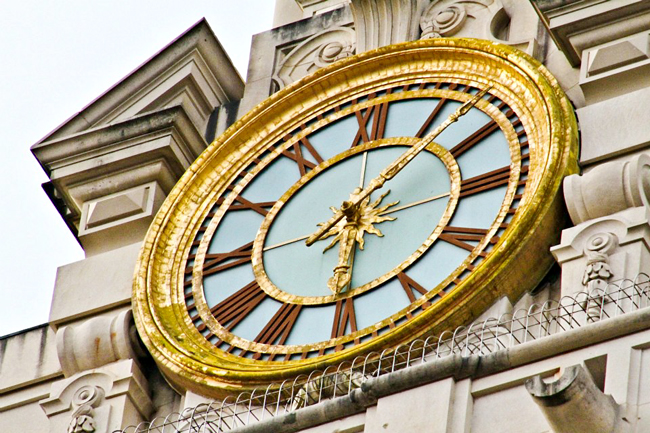Over three years after leaking classified government documents and fleeing to Russia, former NSA contractor Edward Snowden has ramped up his PR campaign for a presidential pardon in the final months of Obama’s administration . There is no doubt that Snowden’s leaks sounded the alarm on government surveillance and brought the balance of civil liberties and national security to the forefront of political discourse. His leaks brought about tangible reforms in our surveillance policies and laws. For that he is to be credited, but not pardoned.
When the Espionage Act was written in 1917, it didn’t include room for leaks that were done in the “public interest.” If Snowden was to return back to his country, the latter would be his only hope in front of a jury . But, unfortunately for Snowden, his actions do not merit a complete disregard for due process. Part of Snowden’s “moral” defense is that he was acting out of civil disobedience. However, former NSA Director Michael Hayden’s recent comments cast doubt on that logic.
“Civil disobedience gets its moral authority by the willingness to suffer the penalties from disobeying a law, even if you think that law is unjust.” Snowden has been obstinate in fulfilling this philosophical obligation. Ironic, considering how he also refused to follow proper whistle-blower procedures when he worked at the NSA. If Snowden had used the protections in place for contractors like himself, he would still be in Hawaii.
Now Snowden’s narcissistic inaction and lack of remorse have turned into entitled demands for a Presidential pardon. Somehow, the burden of proof has fallen on the constitutional enforcer of the law, except now they’re hoping he will disregard that. Unfortunately for Snowden, Obama has little to no incentive to pardon him come January.
It seems unlikely that President Obama would do anything to jeopardize his reputation with his army of over 100,000 intelligence officials. Plus , Obama has consistently demonstrated that he will only pardon or grant clemency to those who were convicted under outdated statutes. Many Snowden supporters have made the case that Obama should take it easy on Snowden because it will repair his murky legacy on privacy and prosecuting leakers. Their claims are not unsubstantiated and privacy is definitely something we should be concerned about. However, the United States does not live in a vacuum. ISIS has been stepping up its game, capitalizing on social media and other technologies to evade international law and recruit radicals. Bad actors are plotting attacks on our critical infrastructure and we must have the upper hand in order to beat them. This is where Snowden’s recklessness really shows through.
Instead of leaking the documents that he knew were unconstitutional — the ones that lead to bipartisan reforms signed by President Obama to rein in surveillance — Snowden indiscriminately meddled with an estimated 1.7 million documents. When The Washington Post received info about PRISM, they deemed only 4 out of 41 slides safe to reveal to the public. He went on to share classified programs that outwitted ISIS and its kin and even revealed our prime intelligence targets overseas.
Much has been made about the balance between privacy and security. It’s time we judge Snowden on the same terms. His leaks about domestic surveillance led to much needed reforms, but his reckless dissemination of our nation’s highest secrets has tipped the scales heavily out of his favor for a pardon from the President and the public.
Marshall is a government freshman from Mabank.





















